Woes of Beirut rescuers 'microcosm' of troubled Lebanon
The authorities had failed to tell the fire brigade of the giant shipment of fertiliser stored at the port
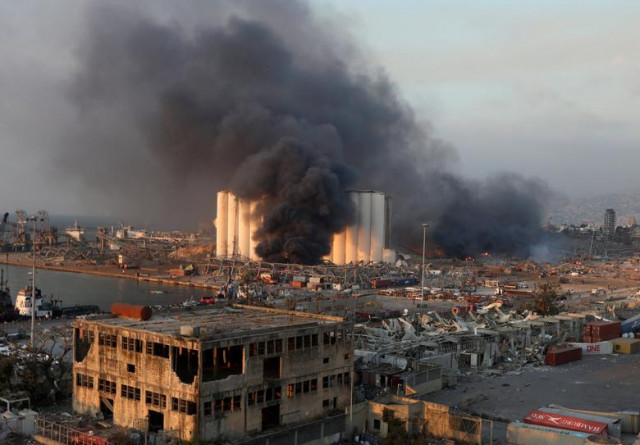
Fierce forest fires, a monster explosion that killed friends, then more Beirut blazes; Lebanon's emergency services are reeling from a devastating year, but are determined to press on.
Lebanese firefighter Afraa Obeid, a 27-year-old woman with long black hair, recounted how she lost her close friend Sahar Fares in the August 4 Beirut port blast.
Sahar, Obeid's fellow female emergency worker, was among 10 colleagues killed when they rushed to the port to extinguish a blaze -- and were then engulfed by the subsequent cataclysmic explosion.
"It could have been me," Obeid said, sitting inside the gutted shell of the capital's main fire station.
"I was there the next day to collect her remains. It was very hard."
The authorities had failed to tell the fire brigade of the giant shipment of fertiliser stored at the port.
The port explosion, which killed more than 190 people and wounded thousands more, was only the latest blow in a year of tragedy for Lebanon and its fatigued firefighters. In the fall of 2019, ferocious forest fires ravaged huge areas south of Beirut, putting many lives at risk.
The fires, which fuelled public resentment towards a ruling elite seen as corrupt and incompetent, came days before a mass protest movement erupted in October to demand political overhaul.
'Final blow'
An ensuing economic crisis -- the worst since Lebanon's 1975-1990 civil war -- meant inflation soared and the value of Lebanon's currency slumped.
The purchasing power of the firefighters' pay packet evaporated. Then the outbreak of the novel coronavirus added to their woes, complicating rescues for the firefighters who must wear extra protective gear. The August 4 explosion dealt them a knockout punch.
"The Beirut fire department today is a microcosm of Lebanon," Obeid said, waving at the damaged wreck of the fire station, located near Beirut's port.
Its windows were shattered by the blast, and exposed electric cables dangle from almost every corner.
Firefighters must sleep in tents in the building's courtyard.
"The building is demolished," she said. "Just as are the people who work inside it."
Two months later, repairs are yet to begin, with no resources spare.
"We have never seen a year like this one," said Lieutenant Ali Najem, a veteran firefighter working for nearly 25 years.
The blast, he said, was a "final blow".
'Martyr's project'
Budget cuts and the explosion have left rescuers and firefighters with a diminishing fleet of vehicles and equipment.
"Only 10 percent of our vehicles are operational today, down from 50 percent last October," said Najem.
It makes tackling fires increasingly difficult and dangerous.There have been a string of major fires since the explosion. Just over a month after the blast, on September 10, a massive fire broke out at a warehouse storing oil and tires in Beirut's port. The blaze took hours to extinguish, and sparked widespread alarm.
The traumatised public hail the emergency services as heroes. At Beirut's Civil Defence command centre, rescue teams watch for the next disaster. For Lebanon's 5,000 civil defence volunteers, who don't receive compensation for their service, the situation is dire. Many have lost their main jobs in the economic crisis, and are now struggling to make ends meet, director of operations Georges Abou Moussa said.
"Like everyone else, we suffer," Moussa said. "It's very difficult psychologically. We head off to extinguish fires with preoccupied minds."
Yet despite the dangers, "we are receiving a lot of volunteer applications," said Moussa.
For Ayman al-Taher, a civil defence volunteer, the past few months were more traumatic than the 33-day war between Lebanon and Israel in 2006.
"Even the July war didn't have that much of an impact on me, even though I saw death, body parts and a lot of destruction," the father of six said.
For Taher, being a civil defence volunteer will always be a risky "martyr's project" -- but he cannot retire.
"Saving the lives of others will remain my priority," he said.



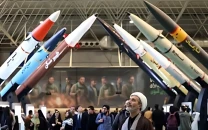


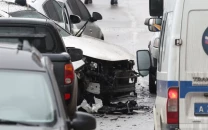


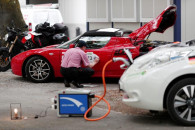


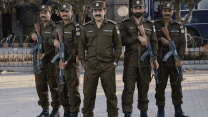






COMMENTS
Comments are moderated and generally will be posted if they are on-topic and not abusive.
For more information, please see our Comments FAQ